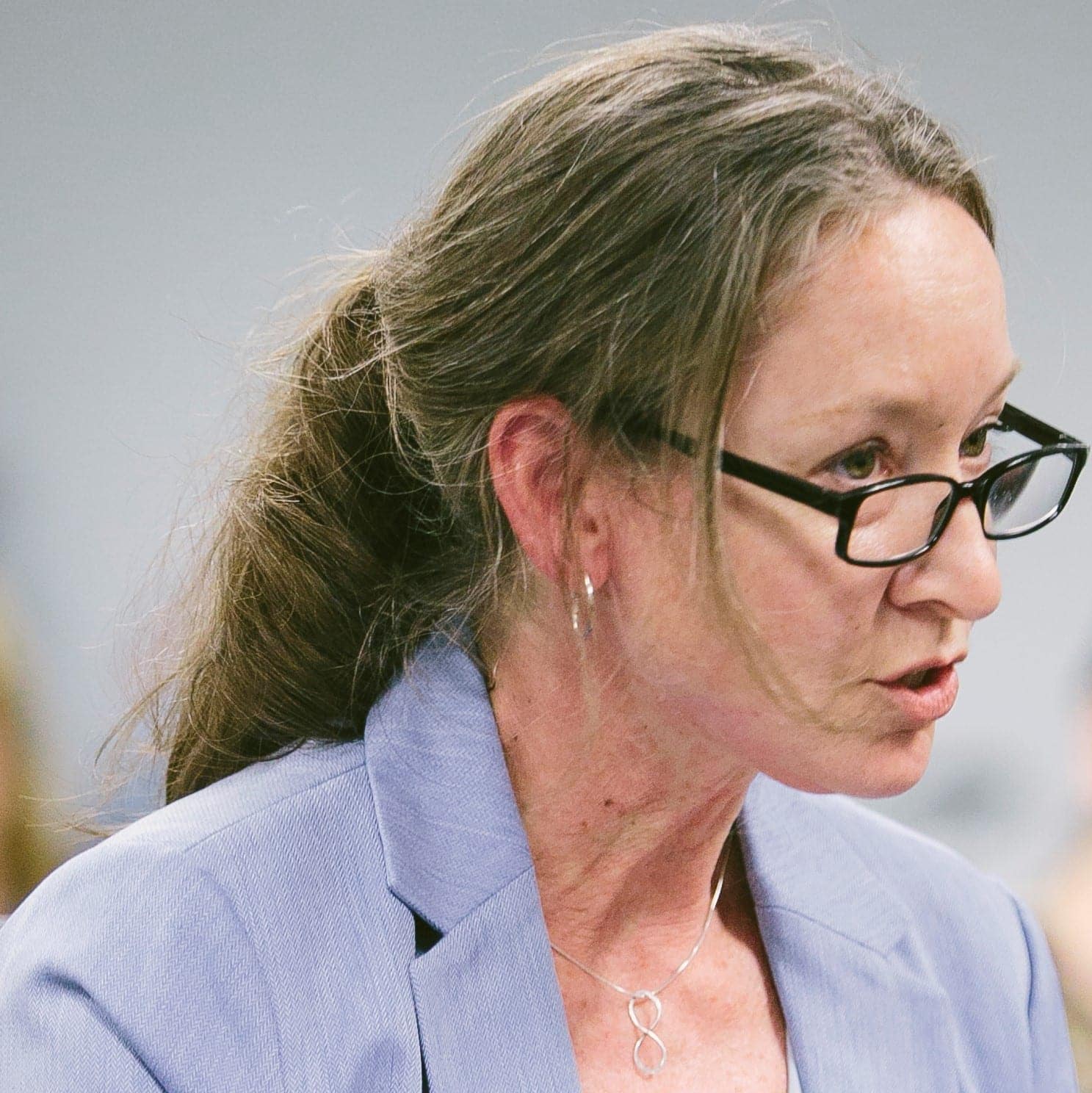
My brother Jim grew up in Dutchess County, New York. As a youth, upon visiting Native American cultural sites, Jim was impressed by their reverence for the elderly, celebration of inner strength and tradition of honoring end-of-life choices. The idea of an elderly individual deciding for themselves when they would enter the spirit world (as is the case in so many native traditions) deeply touched both me and my brother.
As a young adult, my brother studied philosophy, became a U.S. Marine and then a world traveler who financed his yearly explorations through his work as a computer systems expert. As Jim traveled, he gained an appreciation for how other cultures approached living and dying. He began meditating and practicing Buddhism.
At thirty, my brother moved to Hawaiʻi and learned to surf on his lunch breaks. He was a bachelor, living life independently and to its fullest. But at some point he began losing his balance and ultimately, after several years of evaluation, received an incurable, terminal diagnosis.
As anyone who has received such a diagnosis, or has loved someone who has, will tell you, you go through a grieving process at the time of diagnosis. All the stages are there: shock, denial, anger, bargaining, depression over the loss of the healthy person you were, and, at last, acceptance. Not acceptance of defeat, but acceptance that death will come and that you know what it will look like if left unchecked.
Jim wasn’t afraid of death. What he refused to resign himself to was the dying process and the ways our culture approaches it.
He wanted to maintain his independence, the same independence he had maintained during his entire bachelor life. He had no interest in relying on others, trusting others, to determine how much pain he should tolerate and how long it should last.
He said, “Why should a healthy person dictate to a sick person what he or she must tolerate and live with?” For him, it was about rights and respect.
On August 7, 2015, at the age of 53, my brother died alone on his own terms.
After suffering for more than thirteen years, after planning every detail to minimize trauma to his loved ones and after ensuring that no one he loved would be held liable, my brother ended his suffering alone. Without my parents by his side, without loved ones by his side, out of fear that we might be prosecuted.
Someone recently asked me, did I think I would have been prosecuted had I been there with him? I don’t know. But to me, that is not the question. I would have chosen to be there.
I adored my big brother. I offered everything, from taking him to Switzerland to aiding him at his bedside at home in the states. Ultimately, the question was, what did he want? He could not face death bravely knowing that he might be placing us at risk. Even the smallest possibility of that made him reject any idea of our involvement.
And so, he was alone. Alone to take the illegal medication, alone to face the uncertainty of what it might do to him and alone to take his last breath.
Despite all the careful planning, his passing tore my family apart. My parents’ grief is steeped in the horror of what his last days were like, of wondering what his final moments held and bitter pain that they were not there to provide comfort or assurances. And why? It’s all so very unnecessary.
We can do better.
We can do better as a society, as a culture, as a democracy. We can respect an individual’s right to choose how they will leave when illness has already chosen that they must. For my brother, it was his last act of bravery and strength and defiance. To say, in the face of his disease, ‘you will not have this too, this, my death, is mine.‘ This is why I support the option of medical aid in dying.
Mail contributions directly to:
Compassion & Choices Gift Processing Center
PO Box 485
Etna, NH 03750